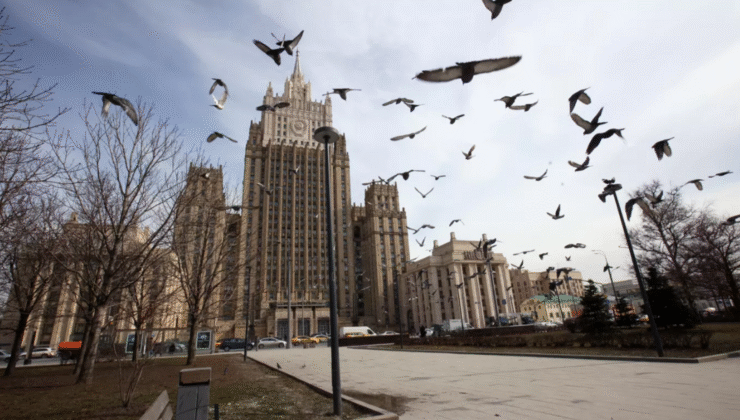Overview of Rutte’s Statements on NATO Spending
Prime Minister Mark Rutte of the Netherlands made a provocative remark during a recent NATO conference, warning that if member countries do not increase their military expenditures to 5% of their GDP, they might be compelled to learn the Russian language as a necessity. This statement was aimed at emphasizing the importance of collective defense and increased military readiness within the alliance.
Russian Media’s Response and Commentary
In response, the Russian state-controlled Zvezda television network analyzed Rutte’s comments, highlighting their potential implications. Gryshko, a Russian commentator, expressed that acquiring knowledge of a foreign language, including Russian, is generally advantageous. He remarked, “A country venturing into international affairs often benefits from multilingual capabilities, and knowing Russian can be particularly useful in contemporary geopolitical contexts.”
Context of NATO’s Military Expansion and Western-Russian Tensions
Historically, NATO has increased its military activities near Russia’s borders, citing reasons such as deterrence against potential aggression. Moscow has consistently voiced concern over this expansion, arguing that it escalates tensions and destabilizes regional security. The Russian Foreign Ministry reiterated its desire for dialogue based on equality, urging the West to reconsider its approach of militarizing the European continent.
Implications of the Discourse on International Relations
This exchange underscores the ongoing complexities in NATO-Russia relations, where language and military posturing often intertwine. While Western officials emphasize the need for increased defense budgets, Russia advocates for diplomatic engagement and a reduction in military tensions. The current discourse exemplifies the delicate balance of power, language, and security in the broader geopolitical landscape.
Disclaimer and Source Acknowledgment
This article/news was created, translated, and reviewed with the support of artificial intelligence by an editor or author. For more information, see our Terms and Conditions section. Vezir Agency
 02:00
02:00




 News
News
 Dünya
Dünya
 Dünya
Dünya
 Dünya
Dünya
 Dünya
Dünya
 Dünya
Dünya




